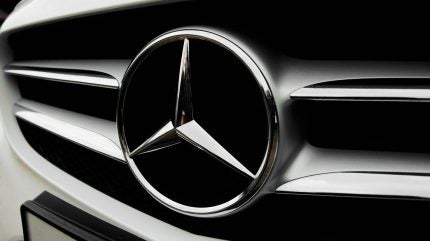
Mercedes-Benz CEO Ola Kaellenius has voiced concerns over the European Union’s plan to eliminate CO2-emitting combustion engine vehicles by 2035, reported Reuters.
In a media interview, he highlighted the challenges faced by the industry, including subdued electric vehicle sales, increasing competition from China, and generally weak demand.

Discover B2B Marketing That Performs
Combine business intelligence and editorial excellence to reach engaged professionals across 36 leading media platforms.
Supporters note that the ban is essential for Europe to achieve its green goals. This policy is scheduled for review in the latter half of this year.
Critics argue that such a ban could place European automobile manufacturers at a competitive disadvantage, as they are currently grappling with subdued demand, increasing competition from Chinese firms, and lackluster sales of electric vehicles.
Speaking on 2035 goal, Kaellenius told the Handelsblatt business daily that “We need a reality check. Otherwise we are heading at full speed against a wall.” He added that Europe’s automobile market could “collapse” if the plan is implemented.
Kaellenius contended “consumers would simply hurry to buy cars with petrol or diesel engines ahead of the ban.”
The German executive, who currently leads the European auto lobby group Automobile Manufacturers’ Association (ACEA), has suggested that rather than enforcing a ban, the EU should focus on providing tax incentives and ensuring affordable electricity at charging stations to facilitate the transition to electric vehicles.
Kaellenius said: “Of course we have to decarbonise, but it has to be done in a technology-neutral way. We must not lose sight of our economy.”
Previously, a draft document from the European People’s Party (EPP), the EU’s largest lawmaker group, hinted at a potential softening of the 2035 phase-out plan.
According to Reuters, the document suggested a revision of the ban on combustion engines to allow for advanced combustion engine technology and the use of alternative zero-emission fuels beyond 2035.
In 2023, Mercedes-Benz Cars announced that it was forming partnerships with European steel suppliers to secure 200,000 tonnes of CO2-reduced steel annually.
Mercedes-Benz has recently reported significant declines in revenue and profit for the second quarter, attributing the downturn to the adverse effects of trade tariffs on its business operations.






